The Golden Gate Bridge is constantly maintained. They paint it continually. They start painting it on one end and when they reach the other end, the crew immediately begins slapping another red coat where they initially started. I can’t remember where I first heard this but I thinks it’s a perfect picture for the work we’re to do in today’s world.
It is hard work maintaining our relationship bridges to a point where others see us as accessible and safe. I have certain bridges that are rust ridden, ones you wouldn’t traverse. I have others under construction, not even close to being open to travel. Many of the bridges I allowed to rot carry the current condition because of judgement. I’m pretty well practiced at judging others. I’m ultra aware of danger or inconvenience. If anyone is flagged for one of these two violations I immediately put up the caution tape and put my attention on my healthy friendships. The relationships I’m comfortable with.
I don’t think it is just me. As a culture we’re really good at shutting down roads with no intention of opening them up again. We make snap judgements and hold them, because it’s easy. It’s comfortable and I’m all about avoiding anxiety. I’ll judge you and burn bridges for a variety of reasons but they all boil down to the fact that I’m not comfortable around you. I know it’s not fair and I’m trying to do better.
-Too often I’m on board with the cover everything in leather strategy.
The good news is I have a Golden Gate Bridge model in my wife. She is constantly maintaining bridges and will not allow any communication lines to be damaged. This woman gives everyone the benefit of the doubt. She gives everyone too many chances. She takes the time to think through and rationalize the irrational behaviors of others. On a number of occasions I’ve tried to talk her out of investing so much time and energy in maintaining certain relationships because I don’t see the immediate benefit for her.
Public Service Announcement
This is not an easy way to live. It adds stress, time, and strain.
My wife, Sarah ( at this point I’ll just start calling her by her name), is regularly concerned about someone. Sarah gives up a lot of time, taking walks with needy friends and responding to texts that I have deemed ridiculous and needy. She spends time considering the struggles and problems that her friends are facing. As earlier stated, she routinely rationalizes and excuses abnormal behaviors. Simply put, Sarah is uber compassionate!
I am not.
Why Should We Get There?
As a teacher, I believe the most important thing I can do for students is build and maintain relationships. I need to become better at maintaining each and every bridge. I need to be painting and repainting always.
If we don’t allow others to reach us and advance to see others, then we become unknown and we’re simply that “nice person” over there in the background.
The major conflict in the movie Inside Out comes to mind. The girl is in danger of trading in connection and emotion for a numb life without struggle.
How Can I Get There?
Say what you’re thinking. The way I’m really good at being liked and avoiding conflict is I simply keep most every controversial thought to myself. To the point where my wife has even told me, “We need to fight more.”
She’s right, we’re not getting closer or strengthening our relationship if we’re constantly trying to smile because we don’t want to be an inconvenience. That is the one way this bridge analogy does not work. Bridges are built and maintained for convenience. The best relationships disregard convenience. If convenience is a priority between two people, then they are actually growing farther apart.
In education we’re finally meeting this reality. Now school is about facing the difficulties and disagreements because this is where the critical thinking happens. Teachers are now taught to never give answers but to pose questions. The best teachers know how to create demanding questions. Asking a lot of questions and listening is how we can get to know one another best. Honest questions and honest responses are the key to building and maintaining bridges. When we fill in a “nice” reply in place of an genuine answer we demolishing the bridge, leaving a chasm between us.
Of course it wouldn’t be healthy to be 100% honest in every relationship. I’ll let you determine which bridges require the most maintenance.
Peace in the process,


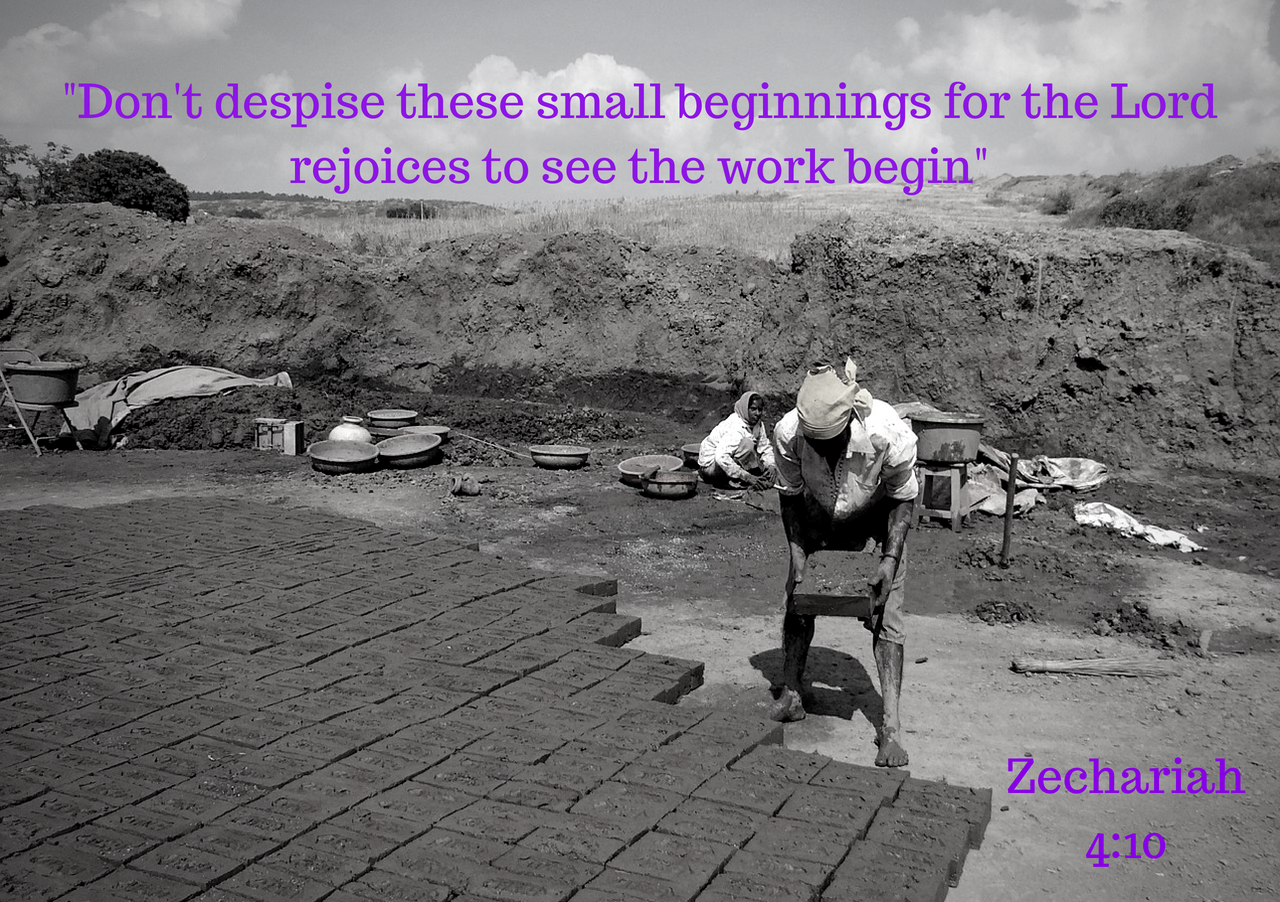
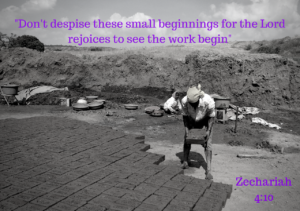
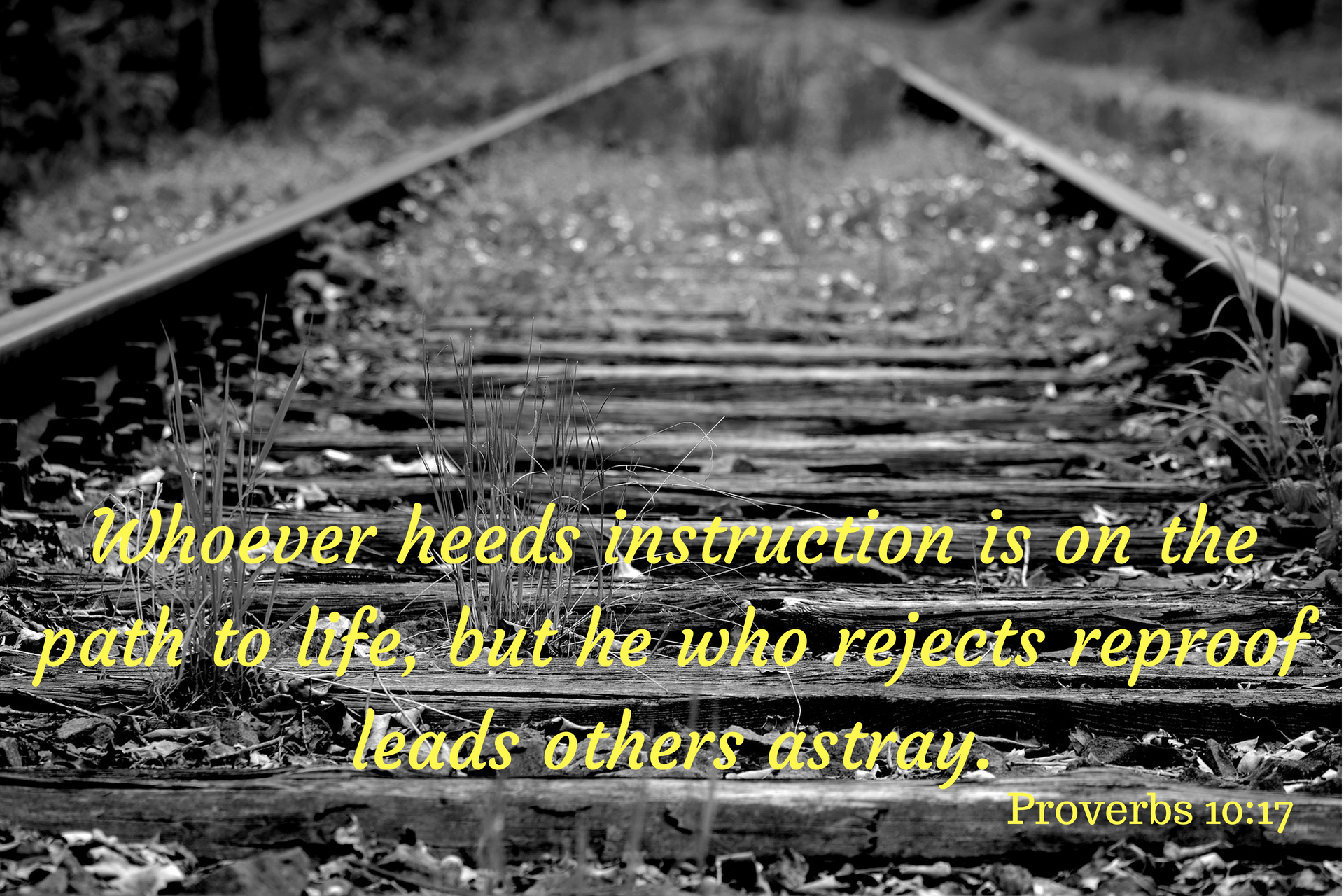
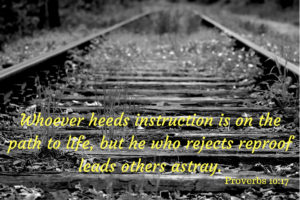




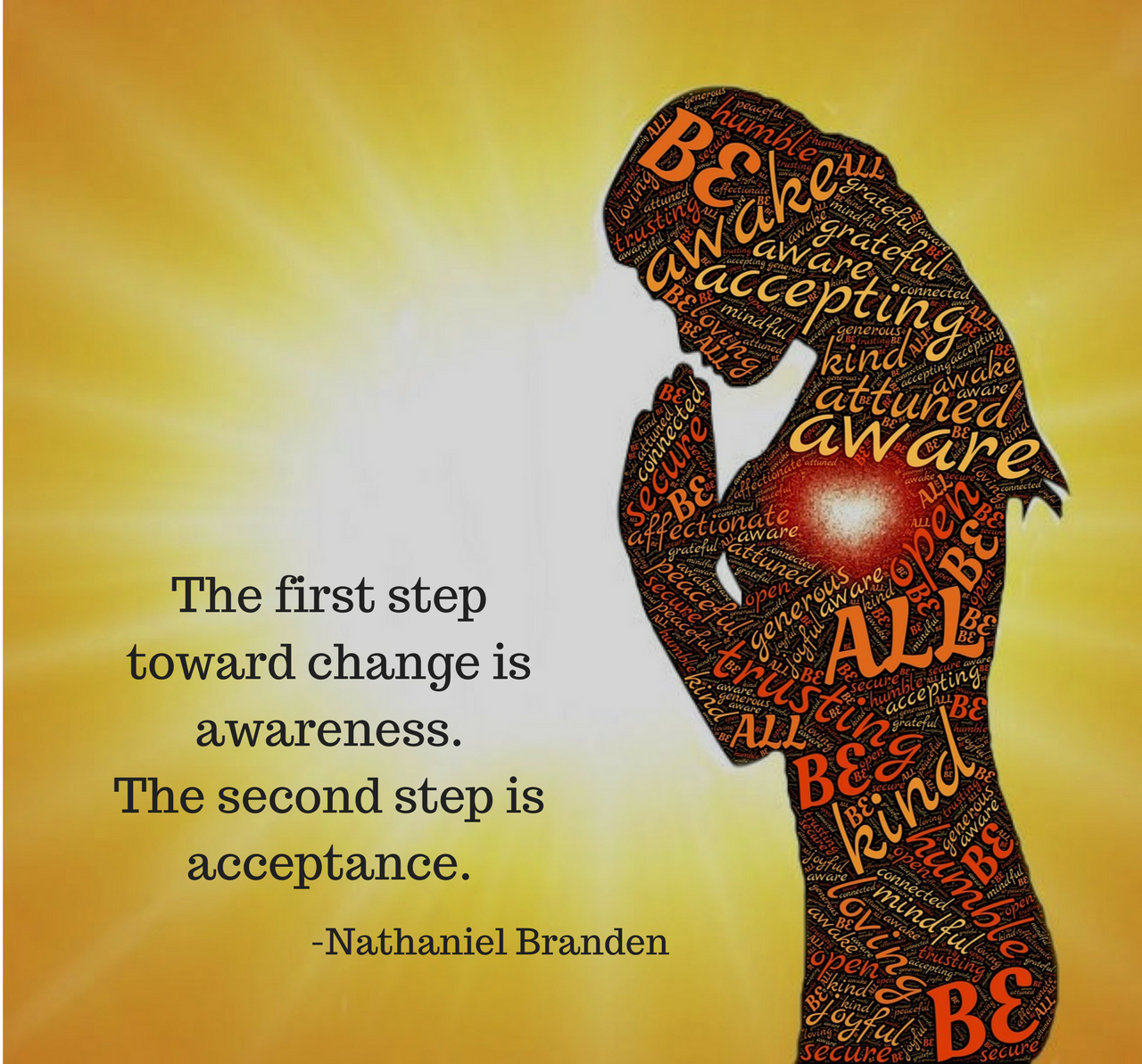
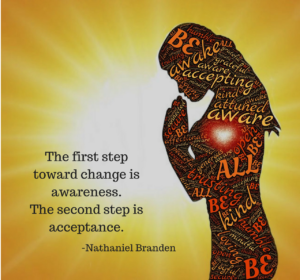



 unable to be true and genuine. This is due to a variety of factors: homelife, puberty, insecurities, fractured friendships, etc. Really the source of this loss of self doesn’t matter. Social worker and researcher Brene Brown put it this way, “The absence of love, belonging, and connection always leads to suffering.”
unable to be true and genuine. This is due to a variety of factors: homelife, puberty, insecurities, fractured friendships, etc. Really the source of this loss of self doesn’t matter. Social worker and researcher Brene Brown put it this way, “The absence of love, belonging, and connection always leads to suffering.” 

